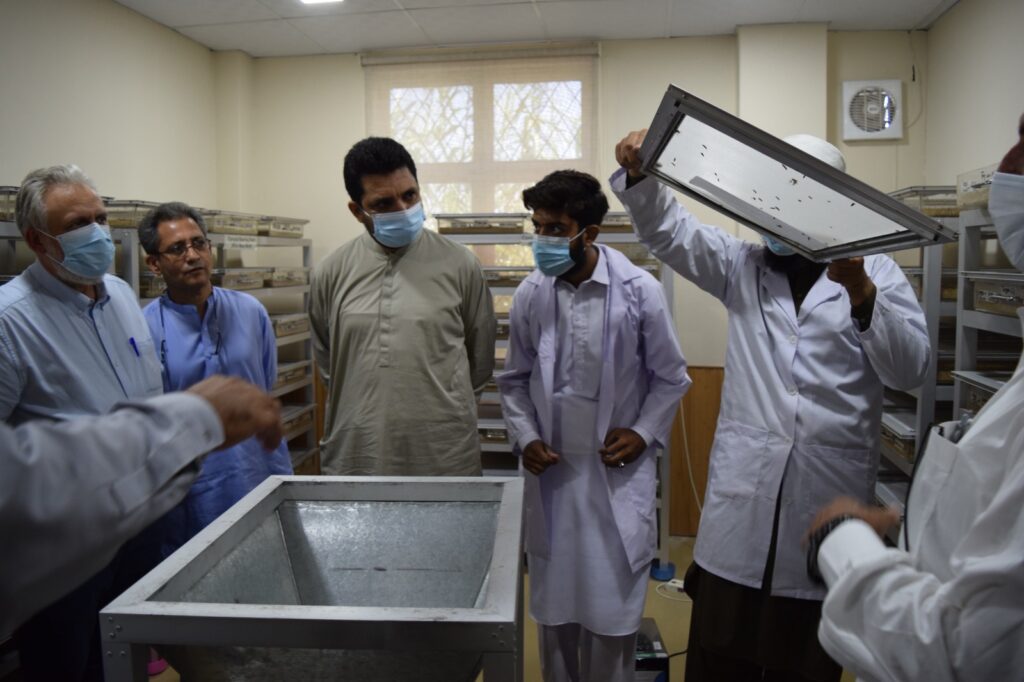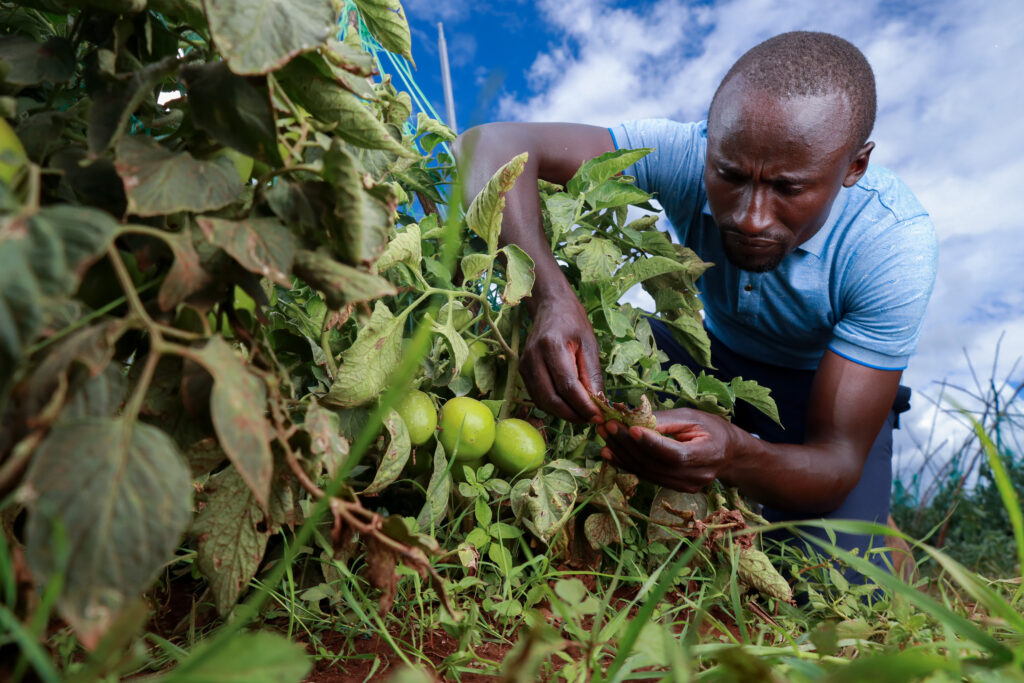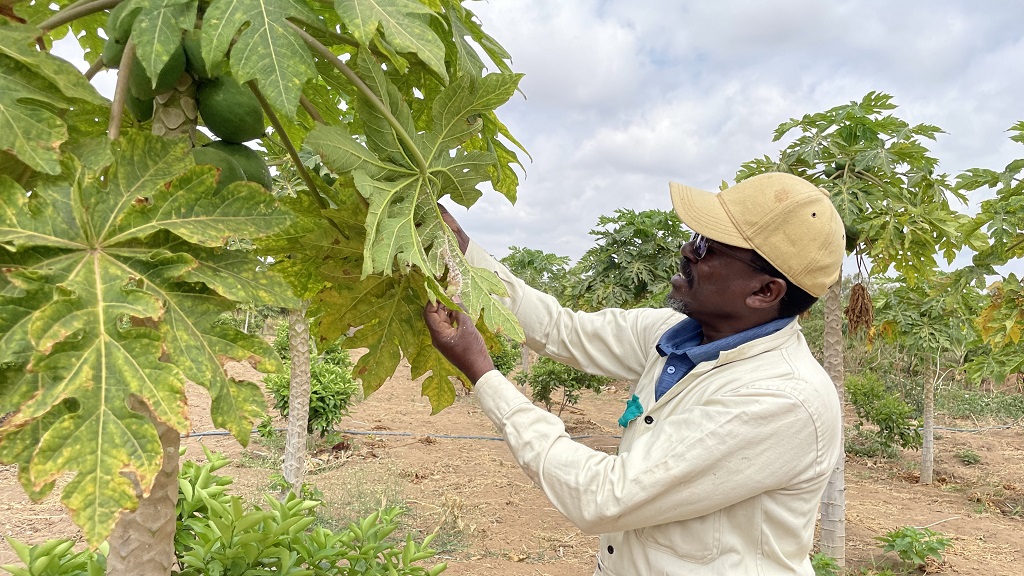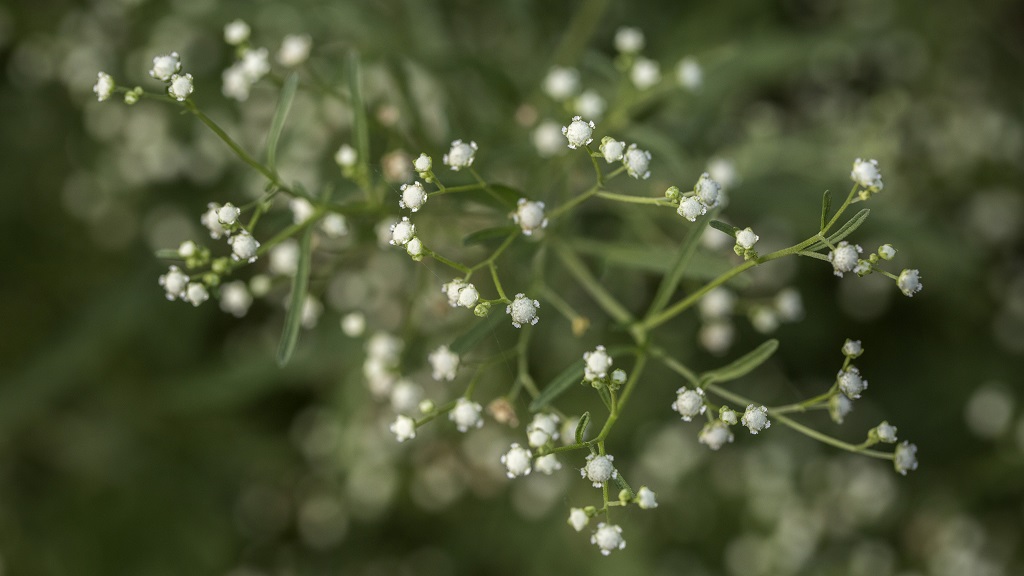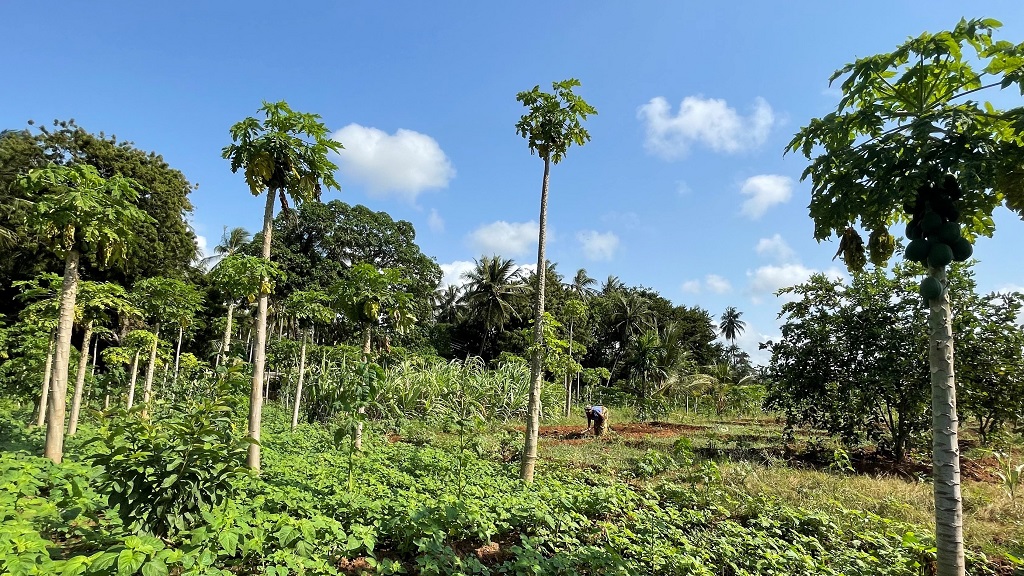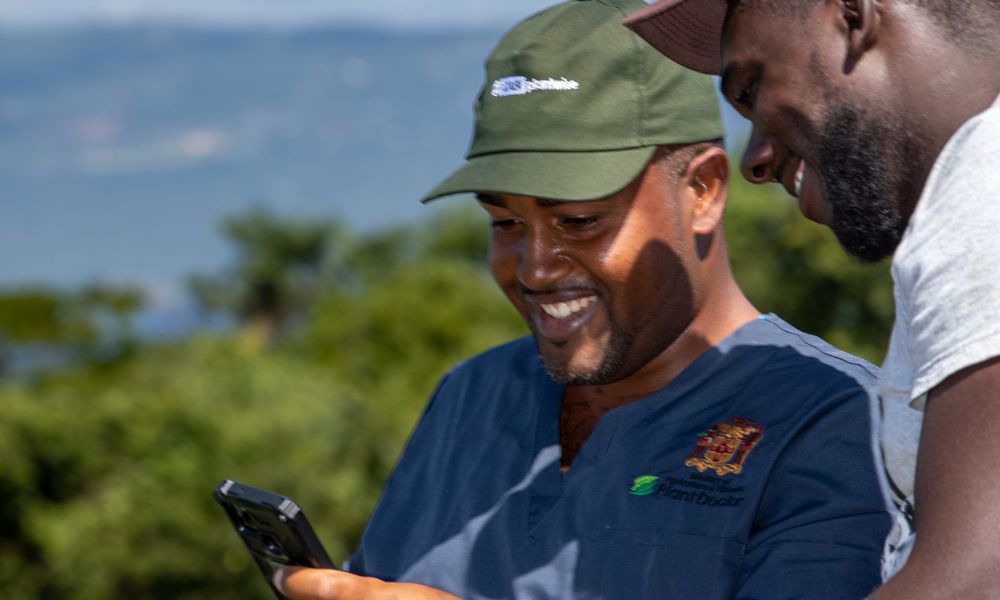What are CABI’s Horizon Scanning and Pest Risk Analysis tools, and how do people use them?
In 2018 and 2019, CABI launched two innovative decision-support tools for identifying pest risks. They are the Horizon Scanning Tool (HST) and the Pest Risk Analysis (PRA) Tool, both of which are used in PlantwisePlus capacity building activities. They help users identify potential future pest threats, especially those working in areas like plant protection and…
Recommendations made for plant clinic progress in Afghanistan
Plant clinics are an important way that we support farmers in Afghanistan. The programme helps smallholders and kitchen gardeners alike. It aims to give them the knowledge they need to protect their crops from pests and diseases. And by doing this, it helps to safeguard their crop yields and livelihoods.
Trichogramma mass rearing facilities piloted in Pakistan
Championing sustainable agriculture by promoting lower-risk plant protection solutions to tackle crop health challenges is a key objective of CABI’s PlantwisePlus programme. In particular, the managing of plant pests and diseases. A cornerstone of this work is setting up local facilities for the mass rearing of lower-risk plant protection solutions.
Early pest warnings and IPM advice are improving food security for maize farmers in Ghana
Pest warnings are changing the way that smallholders in Ghana farm. Smallholder maize farmers in Ghana have long grappled with the challenges posed by crop pests. Over the past few years, this has included the notorious fall armyworm. This voracious invader has, in the past, led to significant crop losses. And the losses have impacted…
Biocontrol agent released to safeguard crops from parthenium weed in Pakistan
Invasive plants can be extremely harmful to crops. “Famine weed” or parthenium is one such plant. Native to tropical America, it was accidentally introduced to several countries. In Pakistan, the weed now covers thousands of hectares of agricultural and rangeland. And it poses an economic burden to farmers.
Controlling the papaya mealybug pest – progress made in coastal Kenya
An initiative to combat the destructive papaya mealybug in Kenya is reaping rewards. A natural predator – a parasitic wasp – has been introduced to coastal counties to help control the pest. This tiny wasp is helping to prevent the damage caused by the mealybug. It’s not only helping to save papaya farms. It’s safeguarding…
6 ways that PlantwisePlus tools are transforming digital development
Digital development has come a long way over the past decade. And it’s helping farmers to access agricultural knowledge. Reaching smallholders with farming know-how can be challenging. Most smallholders have limited access to agricultural information. Moreover, public extension services are becoming more difficult to access. Tanzania only has four extension agents per 10,000 farmers. In…





